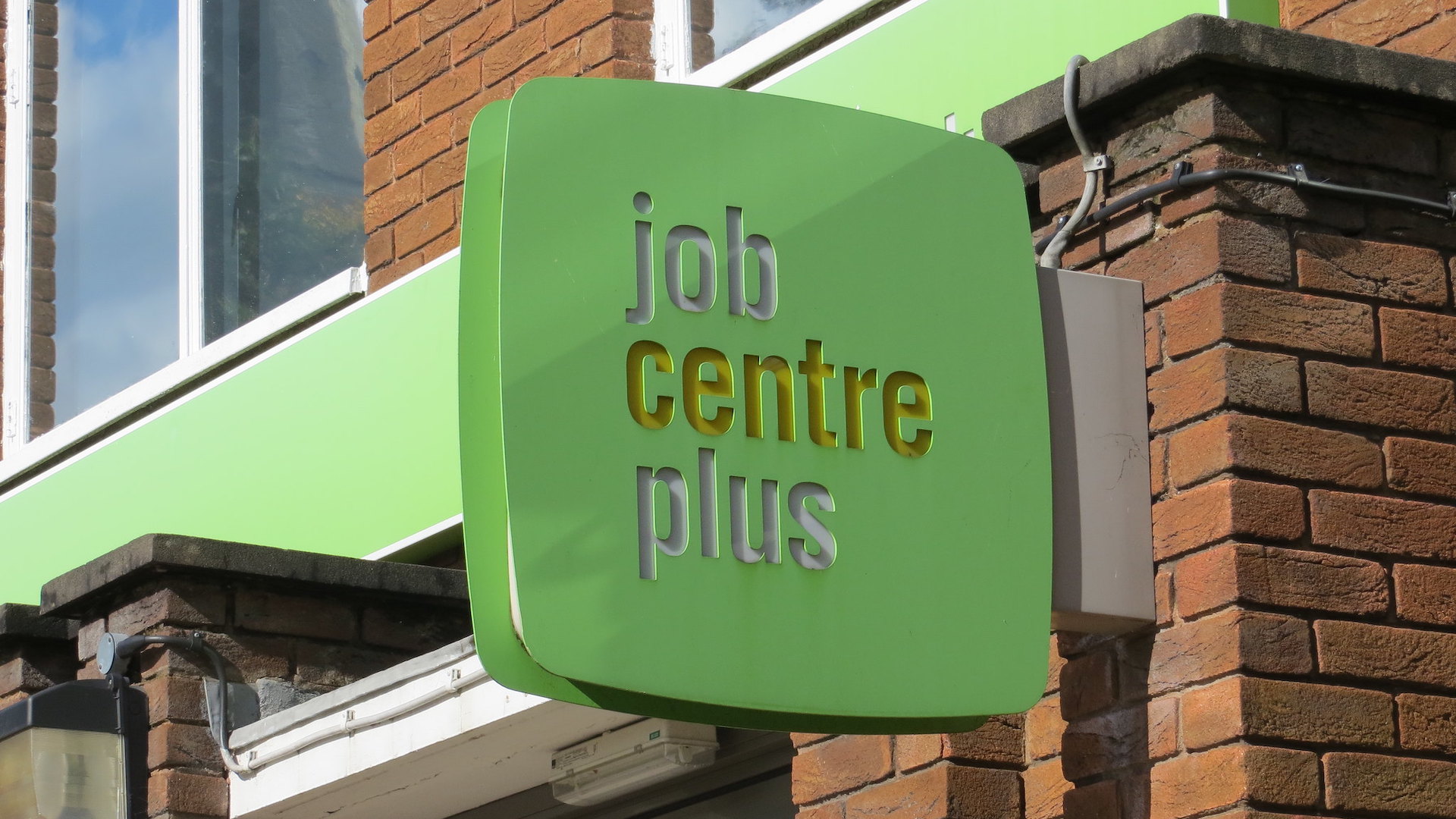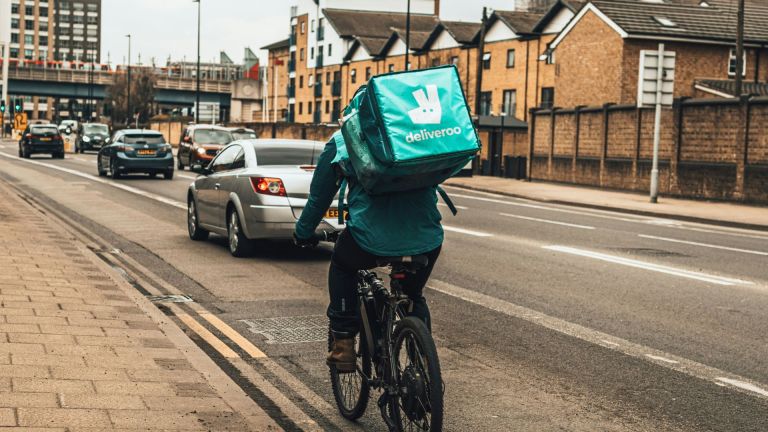The Government’s attempt to halt the spread of coronavirus has shut down entire sectors of the economy, causing unprecedented disruption to people’s lives and livelihoods. The most recent unemployment rate is 4.5 per cent, according to the Office for National Statistics, meaning that 1.5 million people are out of work. These figures are only likely to increase, and the Bank of England has said we may face the deepest recession in 300 years.
While there has been considerable effort to restrict and control the inevitable fallout from a country in lockdown, whether it be the Job Retention Scheme or the various support packages included within the Winter Economy Plan, there is concern that such interventions merely patch up the economy – rather than identifying policies for the longer term.
Support The Big Issue and our vendors by signing up for a subscription
Support has so far been released in the form of smaller, targeted packages, meaning some people – such as the self-employed – have been left to fall through the cracks. It is only with the announcement of a new national lockdown that the Chancellor has extended support to the self-employed.
But a more radical policy proposal that covers everyone may exist in the form of a Universal Jobs Guarantee, a social security policy whereby the Government commits to providing secure, decently paid employment to anyone who wants it.
The central objective of a Universal Jobs Guarantee is simple: to minimise unemployment as much as possible. In practice, a Jobs Guarantee means the state acts as an ‘employer of last resort’ to provide new sources of work for those laid off in the private sector when others cannot.










